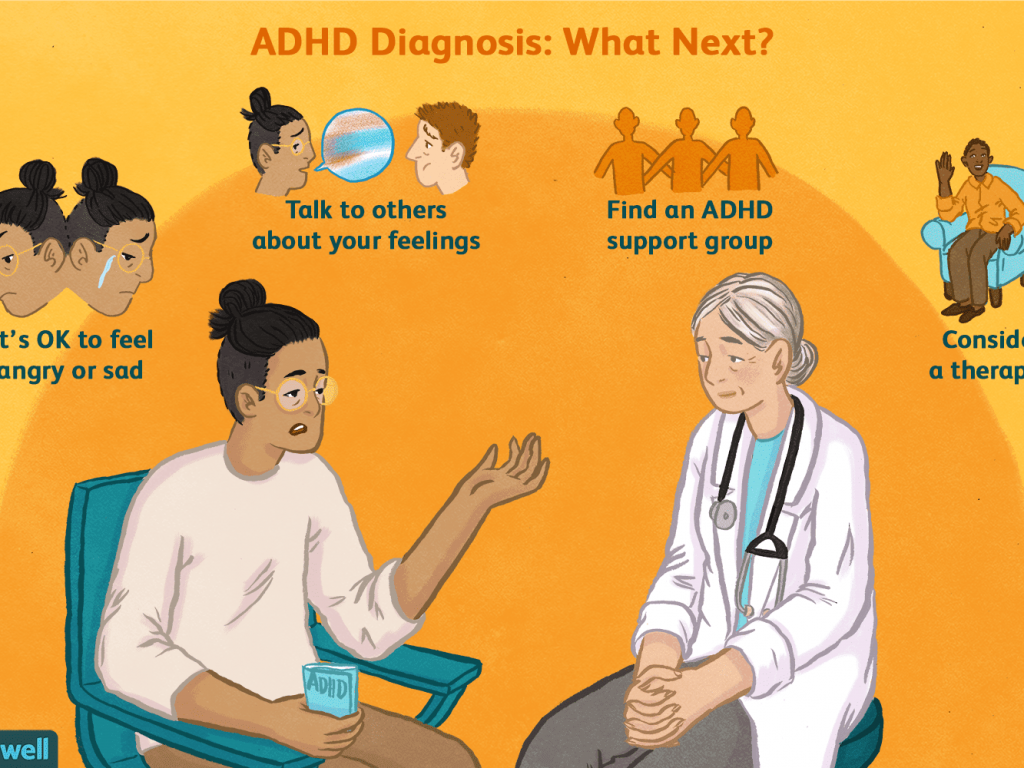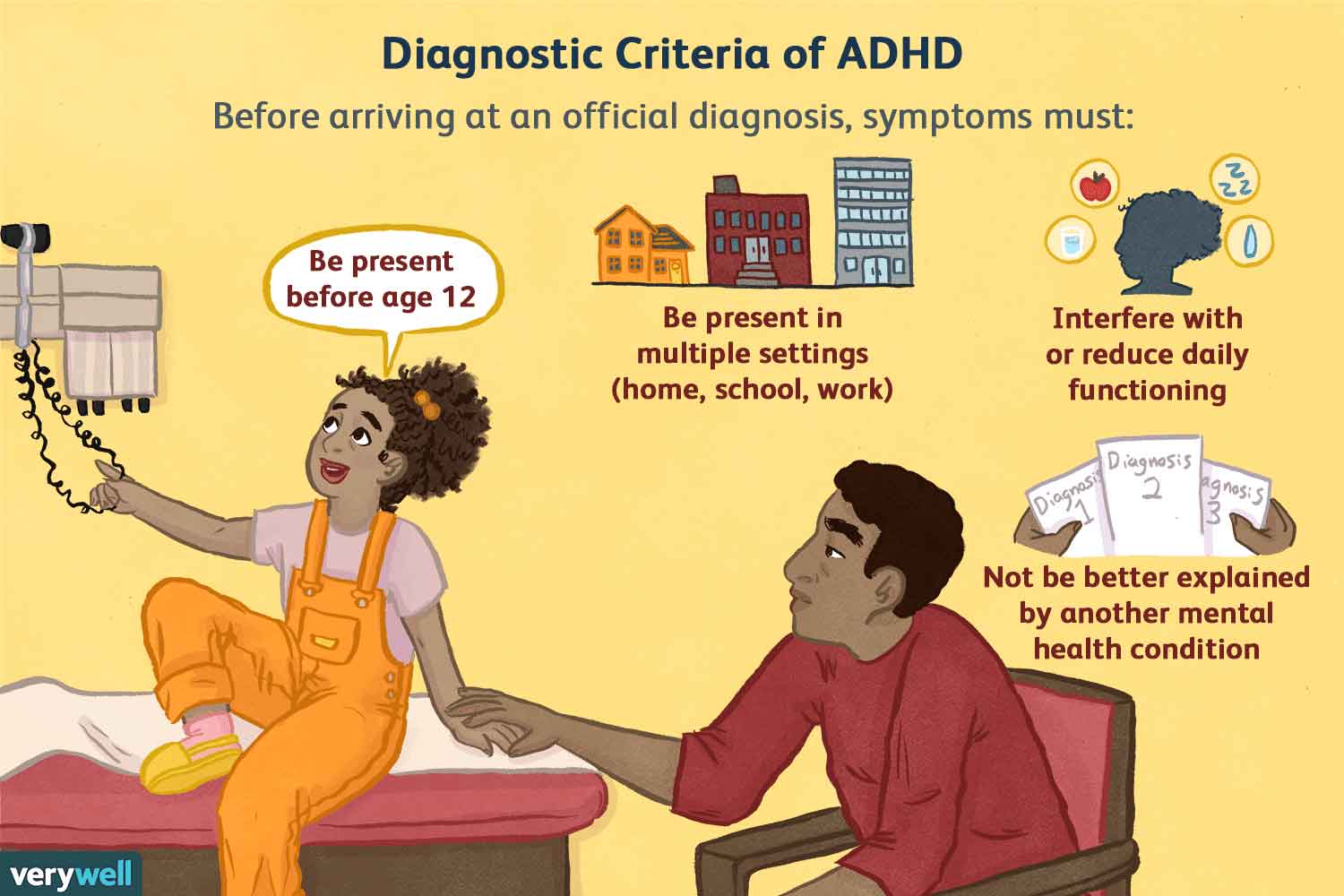If you or your child keeps losing important things or cannot finish activities and tasks at home or work, it might be a sign that ADHD is present. But what is ADHD, and how is it diagnosed? If you are looking for ADHD diagnosis Melbourne below are the details of ADHD as well as details on why early diagnosis is necessary.
What is ADHD?
Attention Deficit Hyperactivity Disorder (ADHD) is a neurodevelopmental disorder that affects brain development and activity. While some mistook the symptoms of ADHD as low intelligence level, it is not how it should be defined since this condition causes a delay in the functional and mental development of an individual, resulting in low capacity in the said areas. In addition, the symptoms of ADHD usually occur between ages 6 to 12 years old, affecting school-aged children’s learning and development. Individuals diagnosed with ADHD exhibit behavioural problems, including hyperactivity, impulsive behaviours, or difficulty staying focused. They also have difficulties regulating their emotion and navigating their environment and may experience sleeping problems.
Why get an ADHD Diagnosis?
Despite all the restrictions, individuals with ADHD can overcome these challenges with the support and proper care of their families, friends, and healthcare professionals. It is also vital to acquire an ADHD diagnosis as soon as possible to determine the condition and needs of an individual and if ADHD is present. Thus, ADHD Diagnosis is necessary to access varying support and services to help lessen and manage the symptoms. A diagnosis is also essential when requesting support from various organisations and the government.

Most of all, ADHD Diagnosis is beneficial for children to provide adequate support at an early age, achieve a more comfortable life in the future, and improve their independence as they grow older. Adults exhibiting ADHD symptoms should avail of an ADHD Diagnosis to reduce and manage the symptoms that can cause damage in their personal and professional life. If an individual is diagnosed with ADHD, they can also access long-term assistance that can benefit the patient, their families, and carers. Additionally, ADHD Diagnosis can assist the patient, their families, and their carers in better understanding their condition and how to use effective strategies to manoeuvre in their environment.
How is ADHD diagnosed?
For those who require an ADHD diagnosis, you need to undergo a formal assessment to evaluate your condition. Parents should also talk to their child’s teachers before seeking an opinion from a General Practitioner (GP). While a GP cannot provide an ADHD diagnosis, they can help with your concerns and give a referral to get a formal assessment from a psychiatrist, paediatrician, or healthcare professional specialising in ADHD. Since there is no specific test to diagnose ADHD, the participant should undergo physical examinations and several interviews. Moreover, the participant’s families, carers, teachers, and other significant people in their life will go through interviews to help healthcare professionals with the diagnosis.
Later, healthcare professionals will provide a diagnosis based on the Diagnostic Statistical Manual (DSM) and a standard rating scale for ADHD. The client will then will receive an ADHD diagnosis if the participant is 17 years or older and exhibits five symptoms, while six symptoms for younger children. Considering that the symptoms of ADHD vary in child and adult participants, the criteria for the diagnosis will also differ. Additionally, mental health professionals will also assess how severe the symptoms were displayed by the participant, when the symptoms started, how long the symptoms were present, and the areas that can trigger the symptoms, ensuring an accurate diagnosis.
It is also necessary to diagnose how long the participants display the symptoms since healthcare professionals only provide a formal assessment if the symptoms are present for at least six months. If not, the participants cannot undergo an ADHD diagnosis. The trigger areas are also vital to determine if ADHD is present or if other factors are causing the symptoms. As stated earlier, there is no single test to diagnose ADHD so healthcare professionals will need the assistance of the participant’s families and carers by providing information to provide an accurate diagnosis.
There are also three types of ADHD based on the DSM 5 criteria, including ADHD Predominantly Inattentive Type, ADHD Predominantly Hyperactive-Impulsive Type, and ADHD Combined Type. Under the ADHD Predominantly Inattentive Type, the participant displays symptoms of inattention. The ADHD Predominantly Hyperactive-Impulsive Type involves the symptoms of hyperactivity and impulsivity. Lastly, ADHD Combined Type includes the symptoms of inattention, hyperactivity, and impulsivity. The bottom line is ADHD diagnosis and symptoms will differ for each individual.
What is the difference between ADHD and ADD?
Attention-Deficit Disorder (ADD) is an older term for the medical condition ADHD that refers to the Inattentive Type ADHD. Participants with this condition display the following symptoms: inability to focus, disorganisation, and forgetfulness. Basically, ADHD and ADD are the same things.
Who should avail of an ADHD evaluation?
At present, many assistance and services are accessible to individuals with ADHD. However, most individuals and some parents are unaware of the signs and often disregard the symptoms of ADHD. If you are concerned that you or your child needs to undergo an ADHD evaluation, here are the common signs to watch out for, including:
Inconsistent performance in the workplace or frequently changing jobs
Poor academic history or failure in career
Lack of ability to manage daily responsibilities
Relationship issues due to unfulfilled responsibilities
Often forgets important things
Easily angered with minor things
Stress and anxiety due to the inability to accomplish goals and responsibilities
Frustrated, resentful, or extremely anger
How to prepare for ADHD evaluation?
Seeking assistance from healthcare professionals for specific conditions such as ADHD can make you or your child uncomfortable and anxious. However, healthcare professionals will need your honesty and cooperation during the evaluation to get an accurate diagnosis. So preparing the following information is essential to make the diagnosis easier:
Complete medical records
History of behaviours
Obvious ADHD symptoms that negatively affect significant areas of the child’s life
Any experience trauma or illness
Overview of the child’s relationship with their family and other people.
